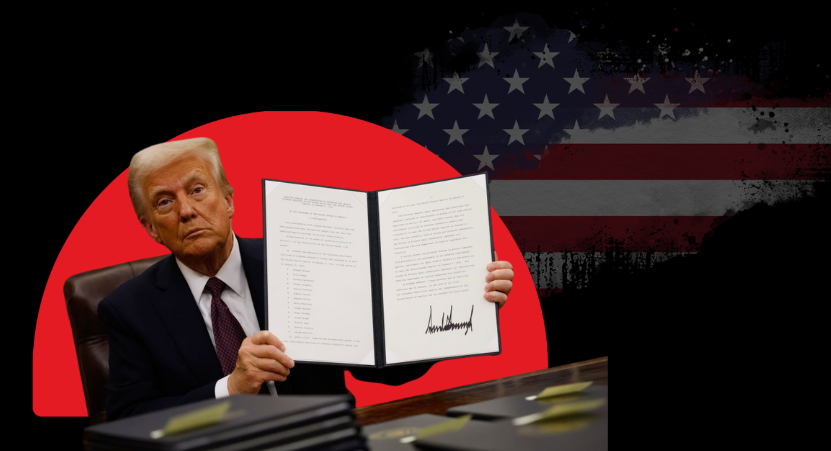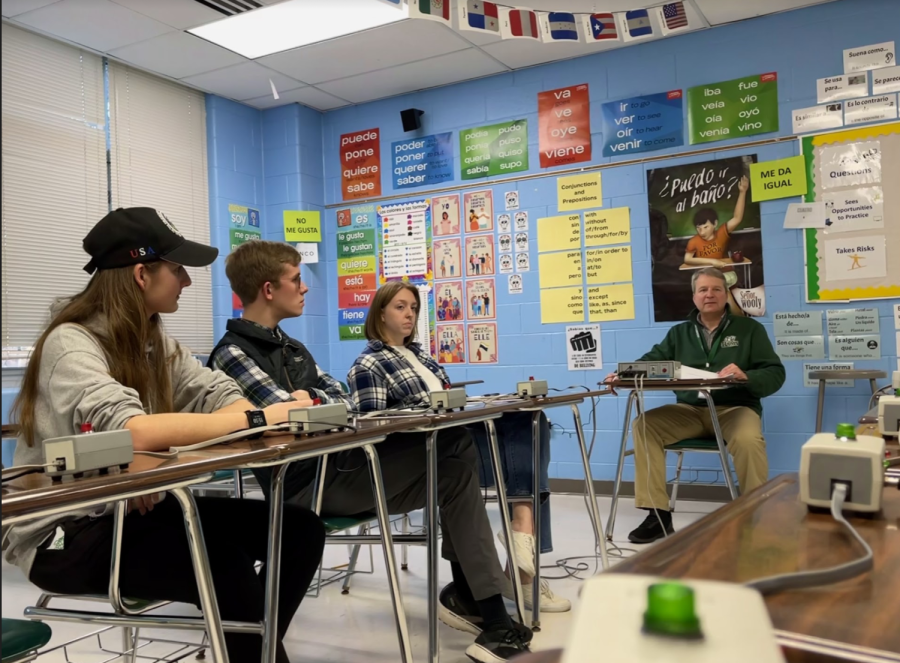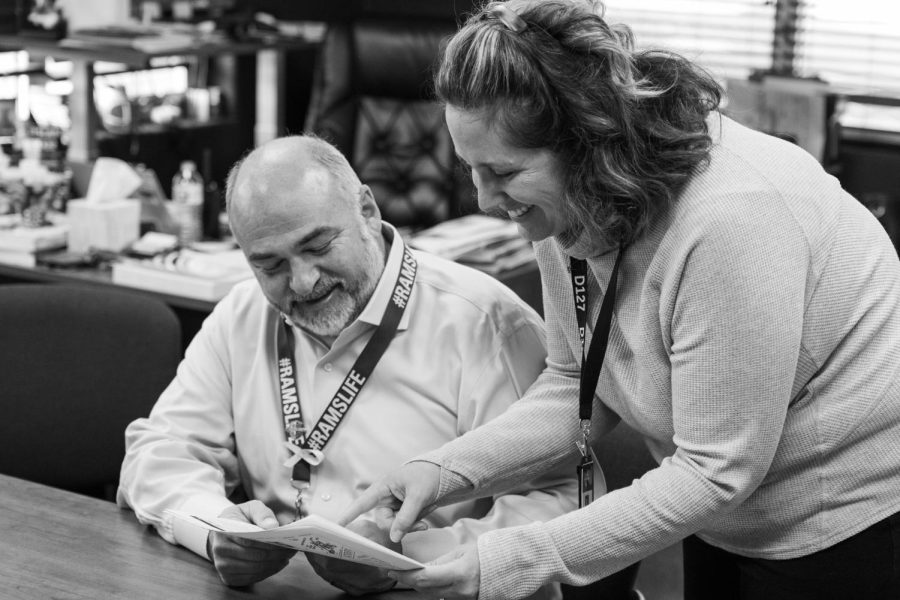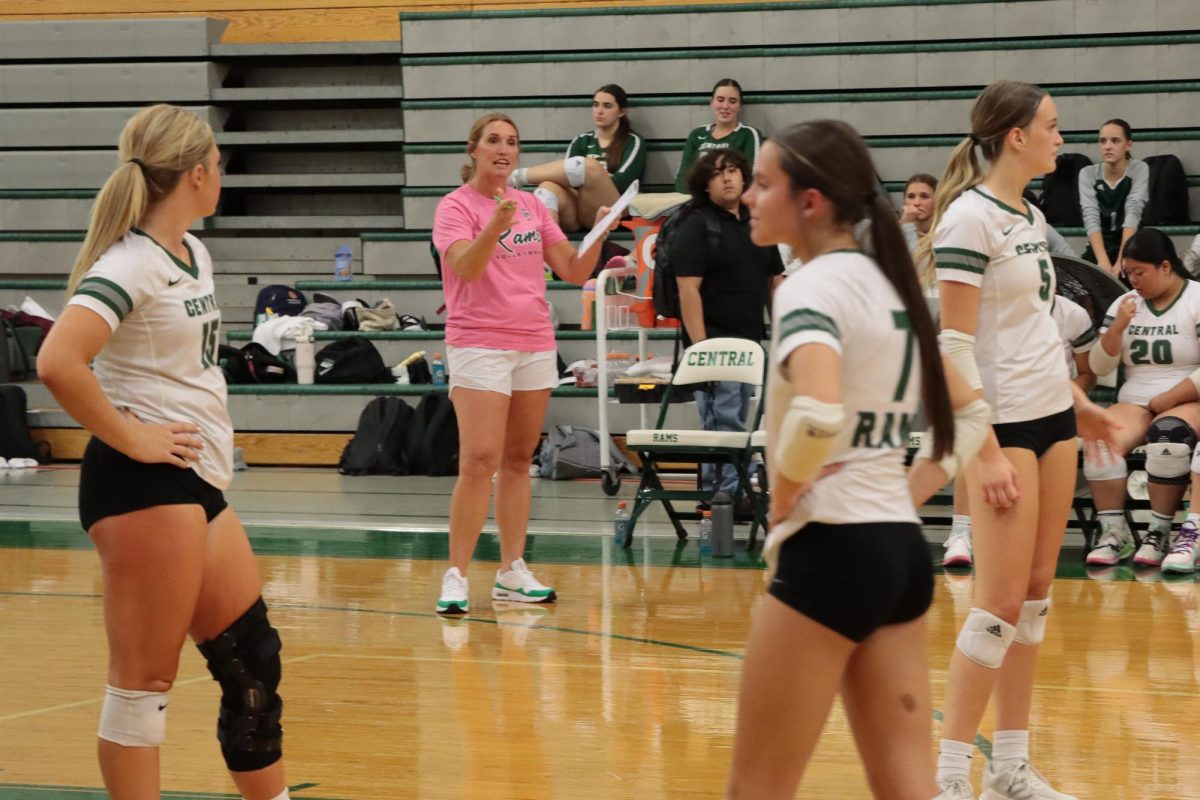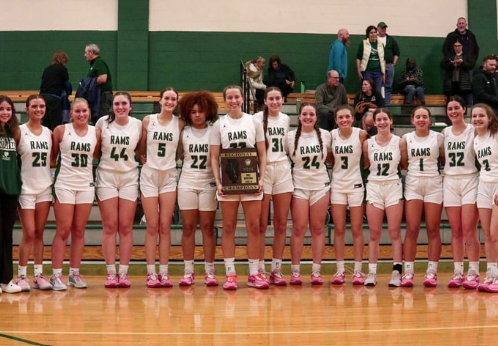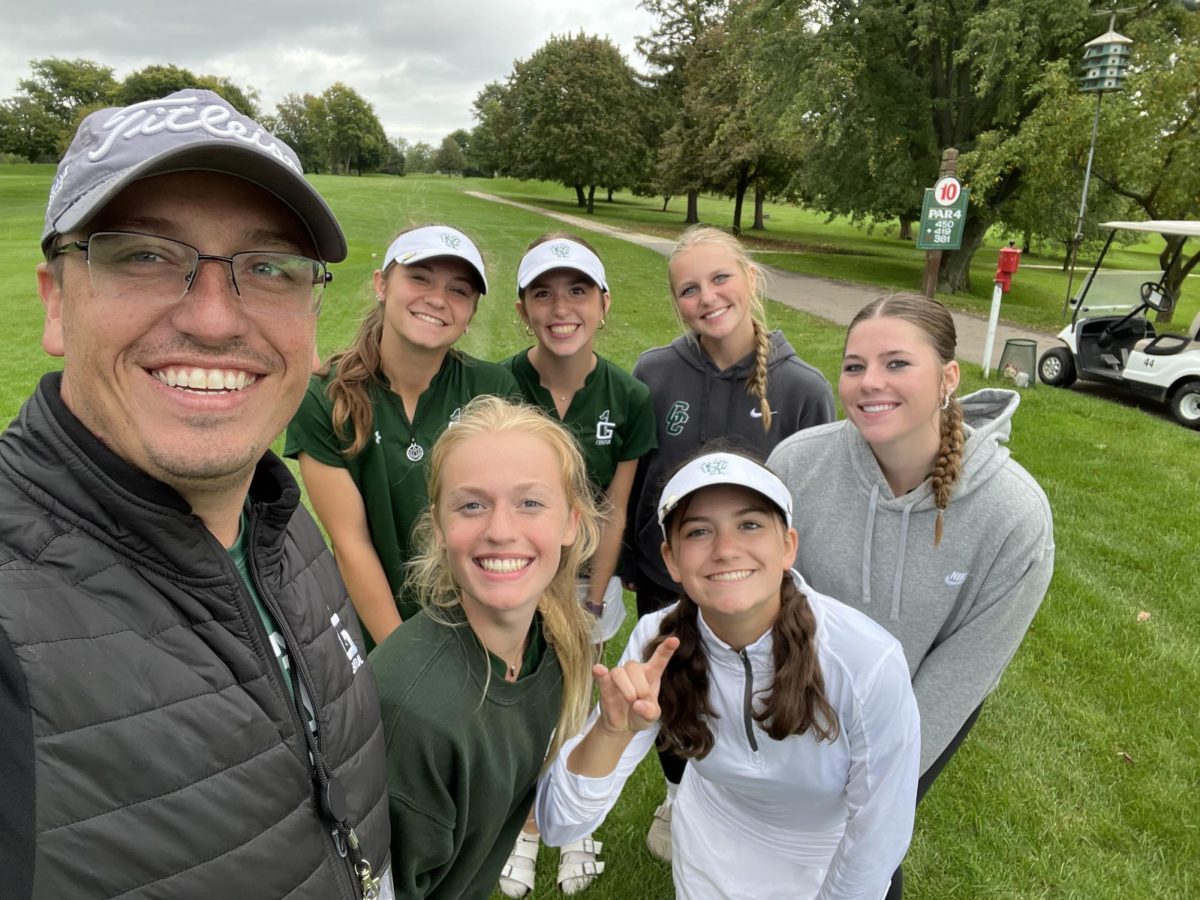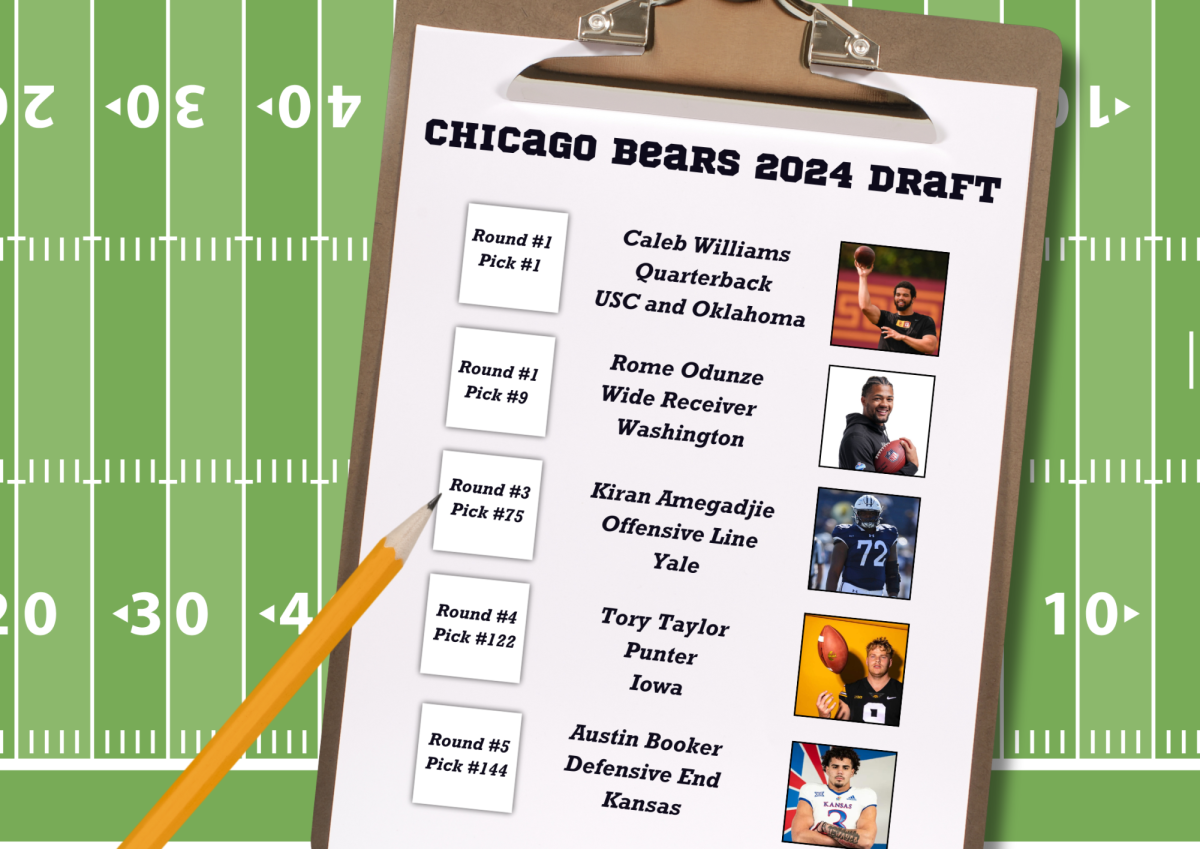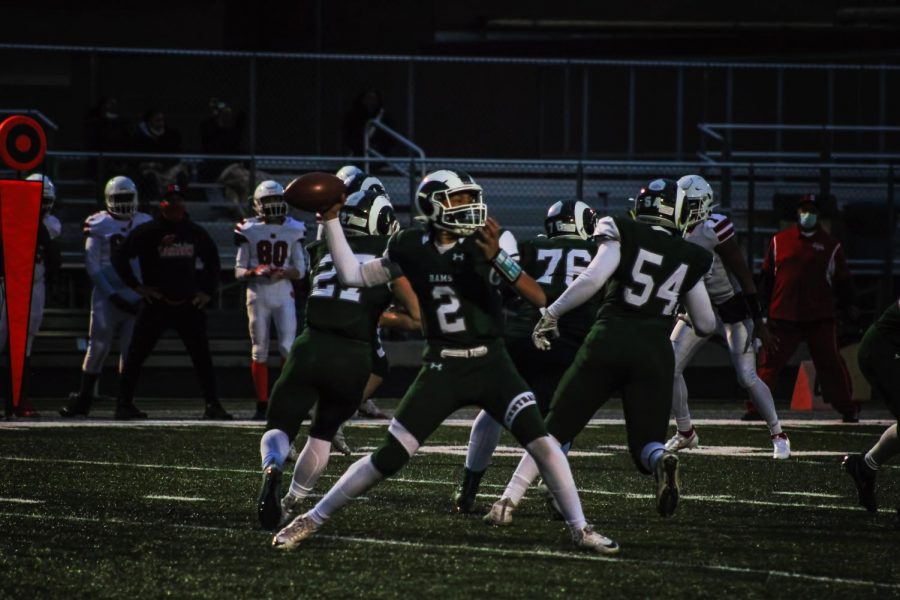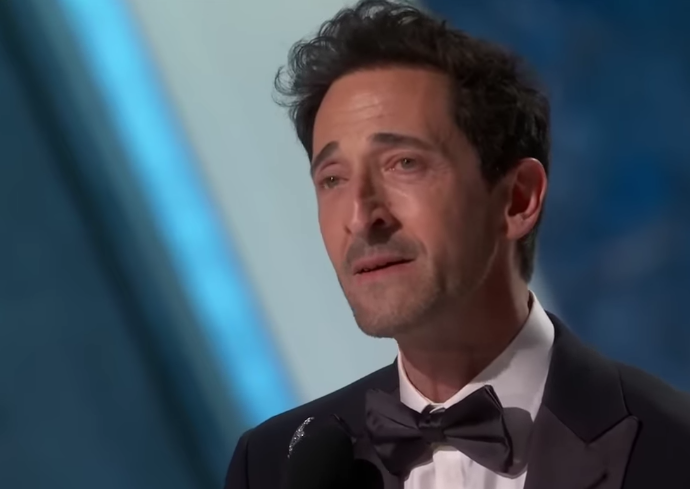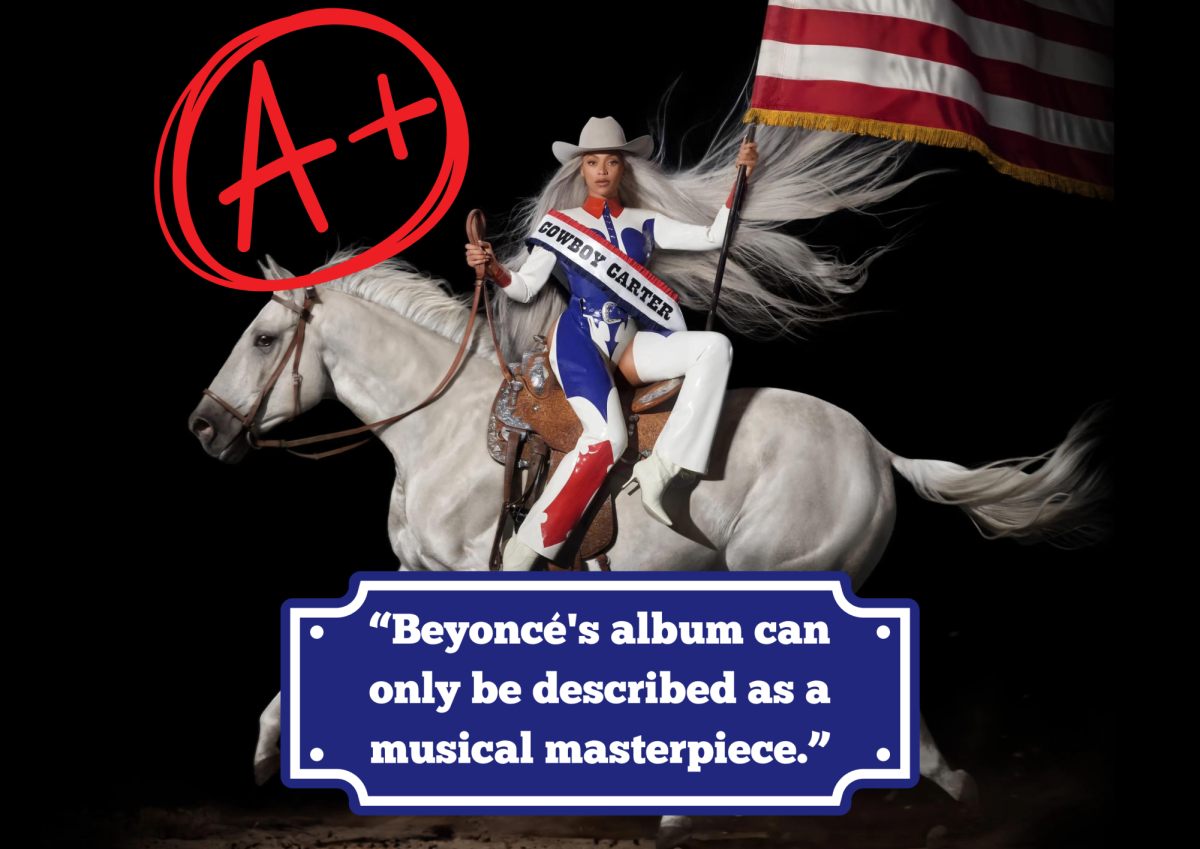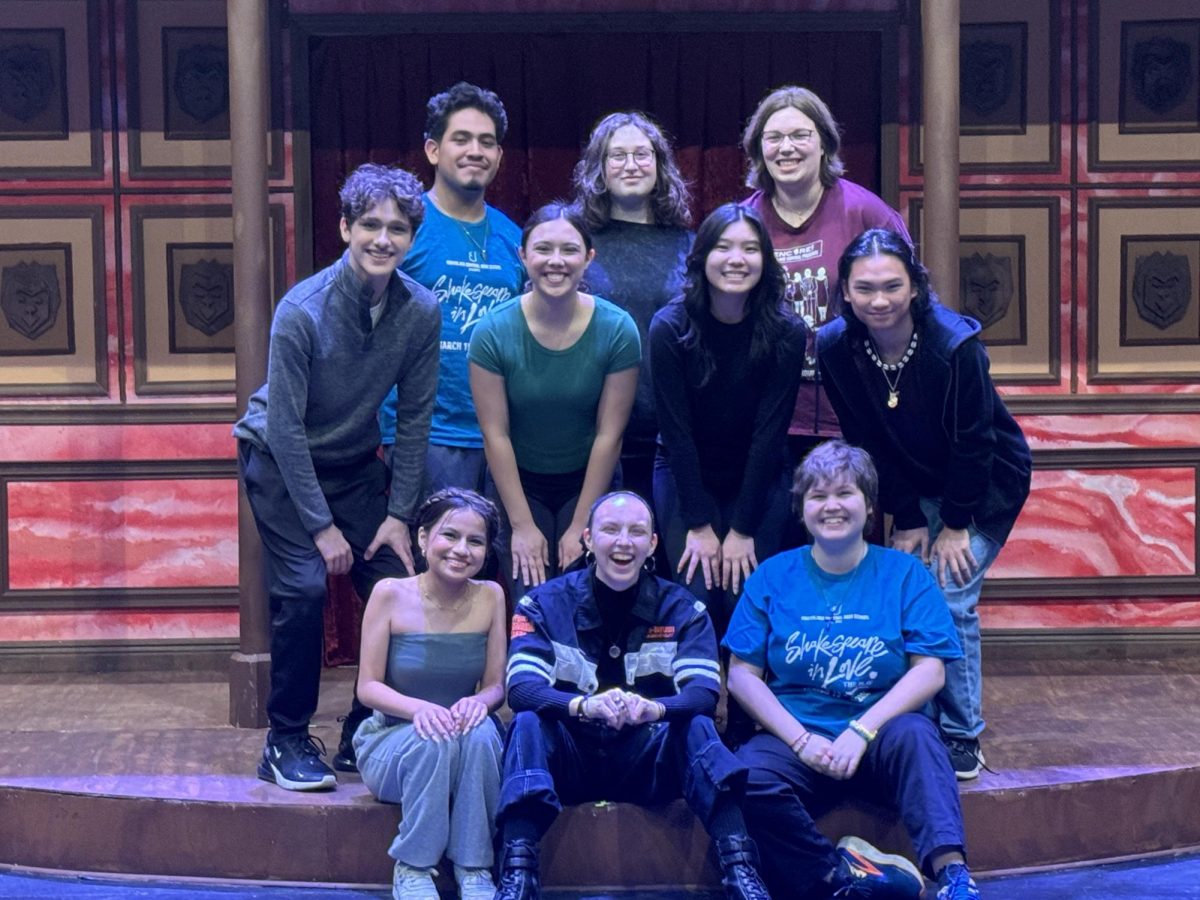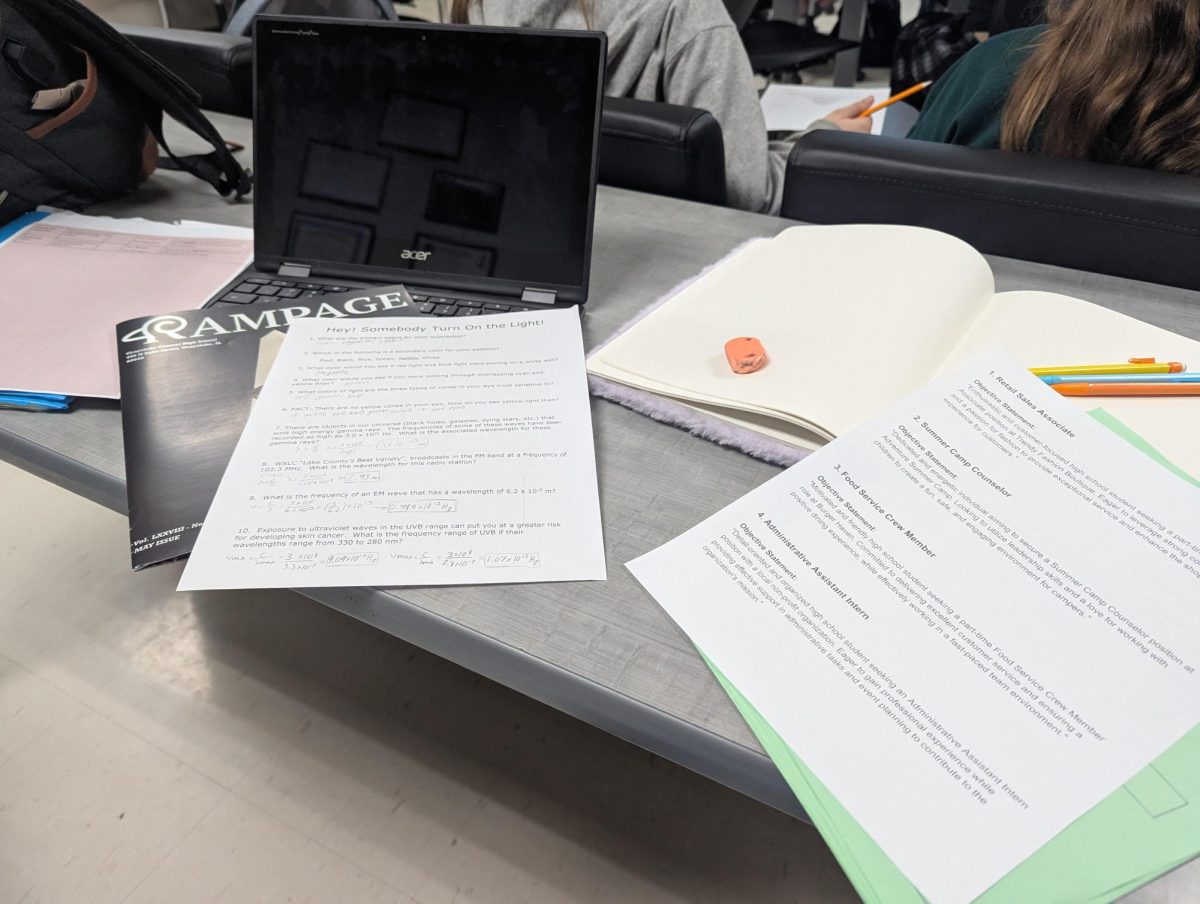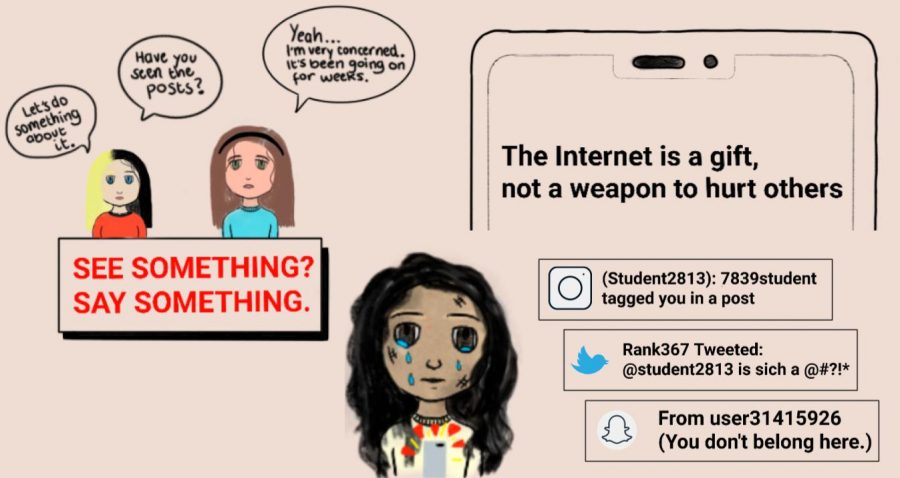The G Word: GCHS students’ take on gender
November 6, 2017
Gender is an imposing topic in our modern lives right now. From women’s rights to gender nonconforming persons in the military to increasing expectations on young men in the new world, it’s a lot to wrap your head around.
So what is gender on a small scale? Even more specifically, what is gender like at GCHS? What does it mean to be a senior girl going off to college, a freshman boy trying to define masculinity, a questioning teen just doing their best to pass AP Euro?
GCHS students have various opinions on their own gender and the concept of gender itself, across and off the binary spectrum.
Senior Tyler Cinq-mars joked that he’s interviewed “mostly for football stuff” when presented with the opportunity to take part in a story on masculinity. Cinq-mars says masculinity is “ a social construct meaning behaving and thinking like a man should, which would mean being athletic, showing little emotions.” Thinking about it Cinq-mars said, “but for me it’s not really all about that and it shouldn’t be.”
To Tyler himself, masculinity was “not being afraid to open up about your feelings, to have self control over your thoughts and actions, to be kind and compassionate to others.” He added that he thought these were positive characteristics in all people, not just men. A different look on masculinity presents itself in senior Zack Reese. “I think masculinity is really more about perception by others rather than being this actual thing,” said Reese. “Humans are such a social species that we want to be accepted by others and masculinity is just a part of that acceptance.”
Timothy Choi, a senior and a talented writer, artist, and actor, is a guy who just doesn’t think about what it means to be a man. “I don’t even know what feminine behavior is,” said Choi when asked if he sees feminine behaviors in himself. “I guess because I’m into fine arts and I can sing high? Gender doesn’t really mean a lot to me.” Choi defines himself as “probably homosexual” and feels that sexuality has nothing to do with being a man.
“I’ve never been a traditional anything, honestly. I’ve always been a really gay straight guy or a really straight gay guy, and if I ever stopped to worry about which is which and what I should be I’d probably go crazy.”
What about femininity for young women? A Harvard bound AP student who plans to be a neurosurgeon, senior Mia Fidanze says that “in fifth grade I wanted to go to Harvard and be a doctor, and kids laughed at that.” She describes femininity as “loving [her] curves and wanting them there.”
Talking about marginalization, she adds that it’s not just men. It’s “by each other. Women that don’t support trans women, women of color, or plus size women etc, are just as bad or probably worse than men who put women down.”
Aaron Greenberg, a sophomore, has a more passive look on masculinity and femininity. “I personally don’t think of myself having specific masculine or feminine behaviors, I just think however I act it could be classified as either.” Leah Minsky stands in the middle ground as well. In response to the idea of gender expression in clothing and makeup she says “it’s some fabric and chemicals cut and colored into certain ways,. It shouldn’t have to define a person.”
Kipling Soucie is a senior who identifies as nonbinary and uses they/them pronouns. Talking about the difference between sex and gender they say “sex is how you are anatomically, like my sex is female, but that’s not my gender.” They talk about gender as how you feel, and define their outlook on being nonbinary as “just not caring, not identifying with anything that exists, with any binary.”
Laughing they add, “People have told me they get jealous of my fluidity and that’s great, that makes me grin.” After saying they have more traditionally feminine characteristics but can just as easily be masculine on a given day, they add “it means so little, it means nothing to me.” As for people who struggle wrapping their heads around someone else’s gender, Soucie says, “Listen to them! Ask them! Be open minded. You’re gonna be wrong sometimes. It’s no problem.” And they smile when they say it.





